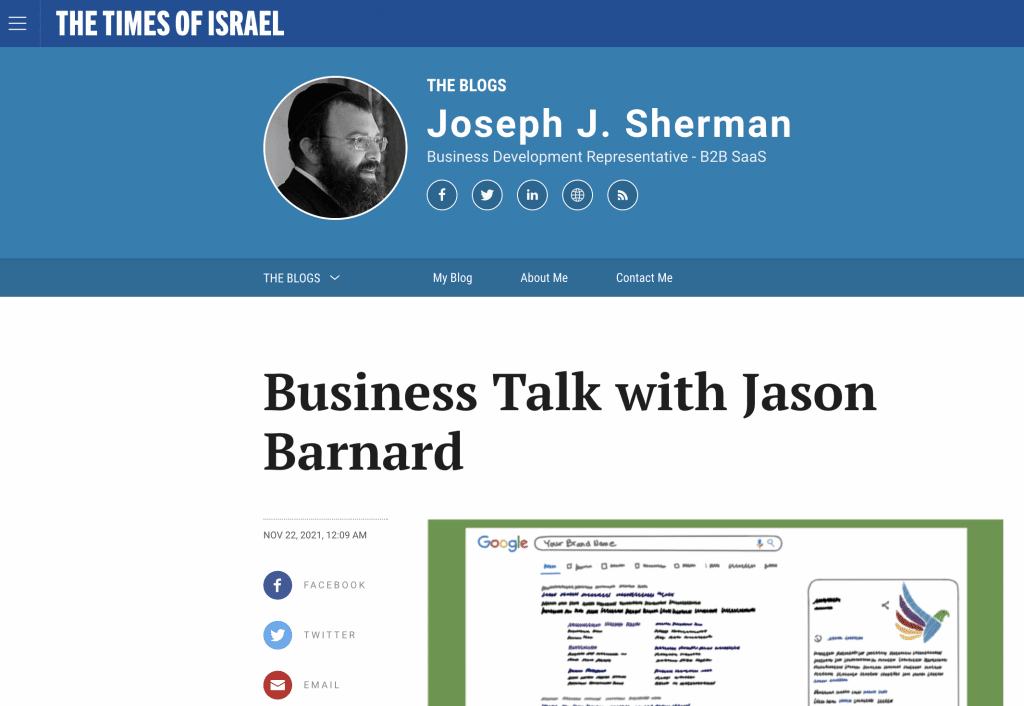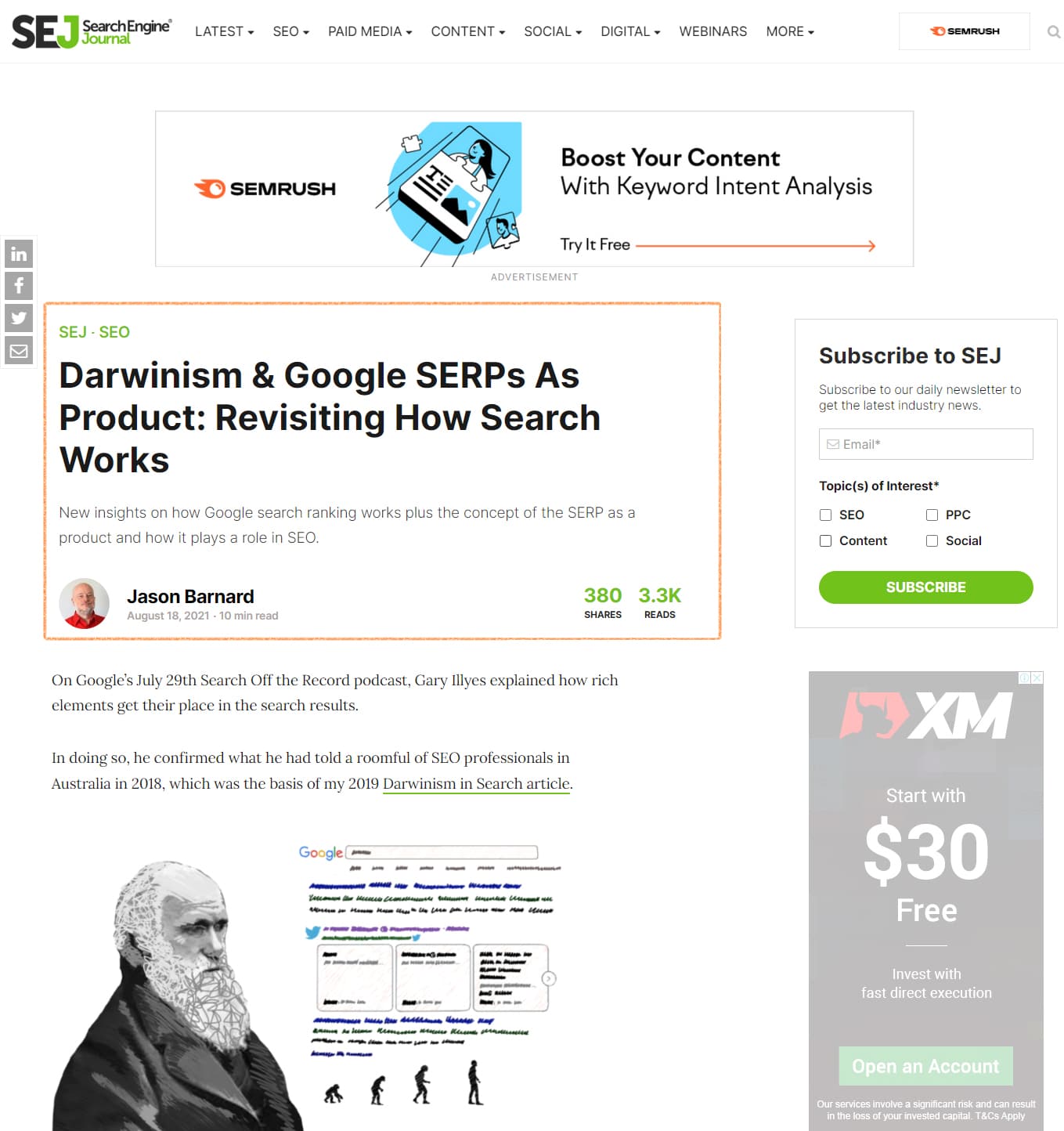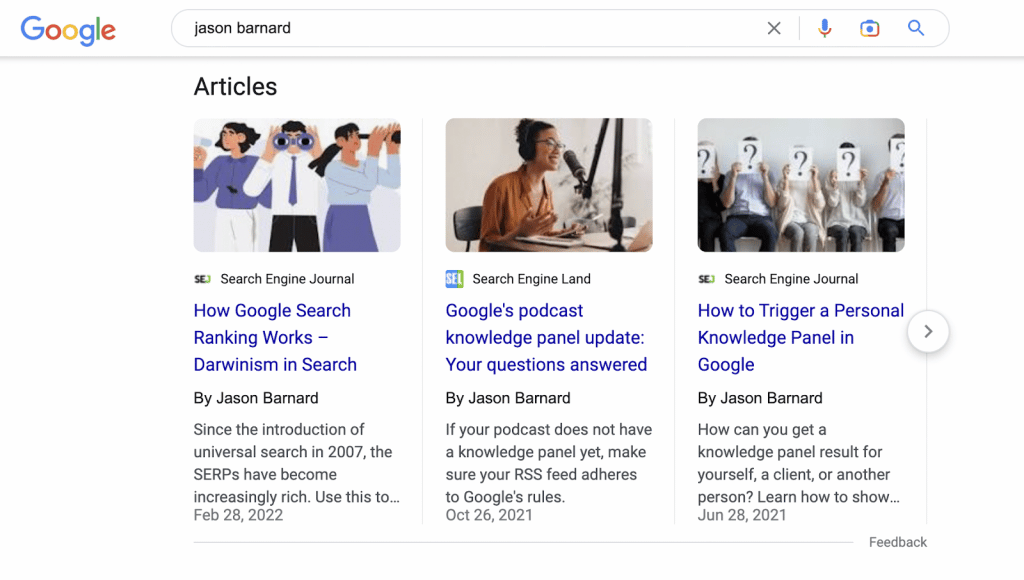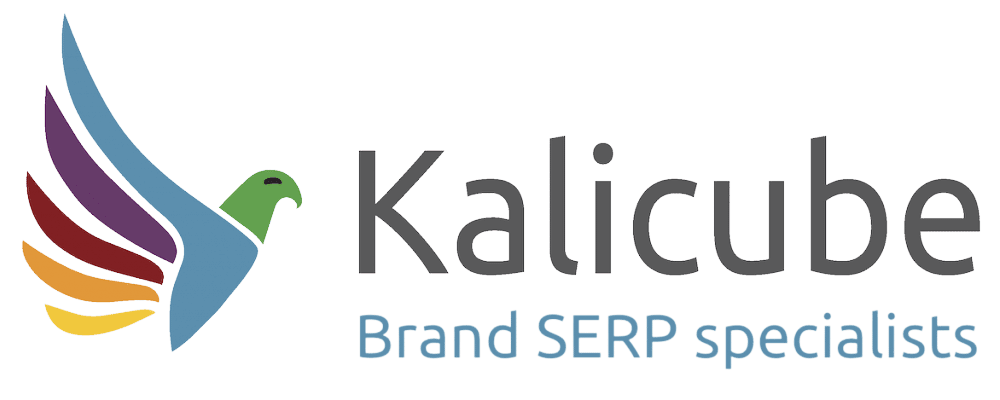Third Party Websites: What You Need To Know

What is a Third Party Website?
Third party websites are websites over which you have no direct control. These are the websites where someone has written an article about you or where you have published a guest article.
At Kalicube, we make a distinction between Third Party Websites where we have no control at all (when there is no existing relationship with the publisher) and those where there is a relationship and therefore allows some influence over the contents.


How Do Third Party Websites Fit Into Brand SERP Optimisation and Knowledge Panel Management?
Using Second Party Websites in Brand SERP Optimisation
In the context of Brand SERP Optimisation, third-party sites are really useful resources that Google includes in Brand SERPs if they are authoritative and relevant because they offer a way for your audience to engage with you or learn more about you on an independent platform.
From a brand image (credibility) perspective, Third Party Sites can be a huge boost. These articles on my Brand SERP are beneficial to both my audience (since the articles should be of interest to them) and myself (they demonstrate my credibility since I am recognized by media sites that are considered authoritative and credible in my industry).

Although both Search Engine Journal and Search Engine Land are technically Third Party Websites, the content on these pages was written by me, and I have a small level of influence over the presentation since I know the publishers and can ask for changes. From Google’s perspective a third party who publishes content by me is vouching for me. A third party who writes about me is, as in the case of the Times of Israel article, an even more powerful “vouch”.
The flip side is a bad article about you. Having no control makes this difficult to deal with and remove from a Brand SERP. The Kalicube Academy has a course dedicated to managing negative results on a Brand SERP (most people call this Online Reputation Management).
Using Third Party Websites in Knowledge Panel Management
In the context of managing Knowledge Panels, Third Party Websites are incredibly important. This is because the information they contain about you is independent, and the third party is, in effect, vouching for you, they hold immense power and can add significantly to the confidence levels Google’s Knowledge Algorithms have for information they understand about your entity.
Corroborative information on Third-Party Websites has little or no diminishing returns for the Knowledge Algorithms and, by extension, Knowledge Panel management. The added value of corroborative information about your company, about your brand, about yourself on a Third-Party Website depends on the authority and credibility of that site that Google (E-A-T), plus the relevancy.
Special case
Google considers crowd sourced human curated platforms such as Wikipedia, Wikidata, IMDB, or MusicBrainz to be Third Party Websites. Technically they are third party, but since you can edit them, they are almost Second Party Websites. These are therefore super helpful and powerful for Knowledge Panel management.






